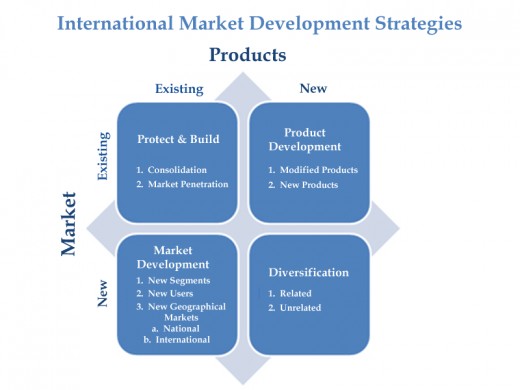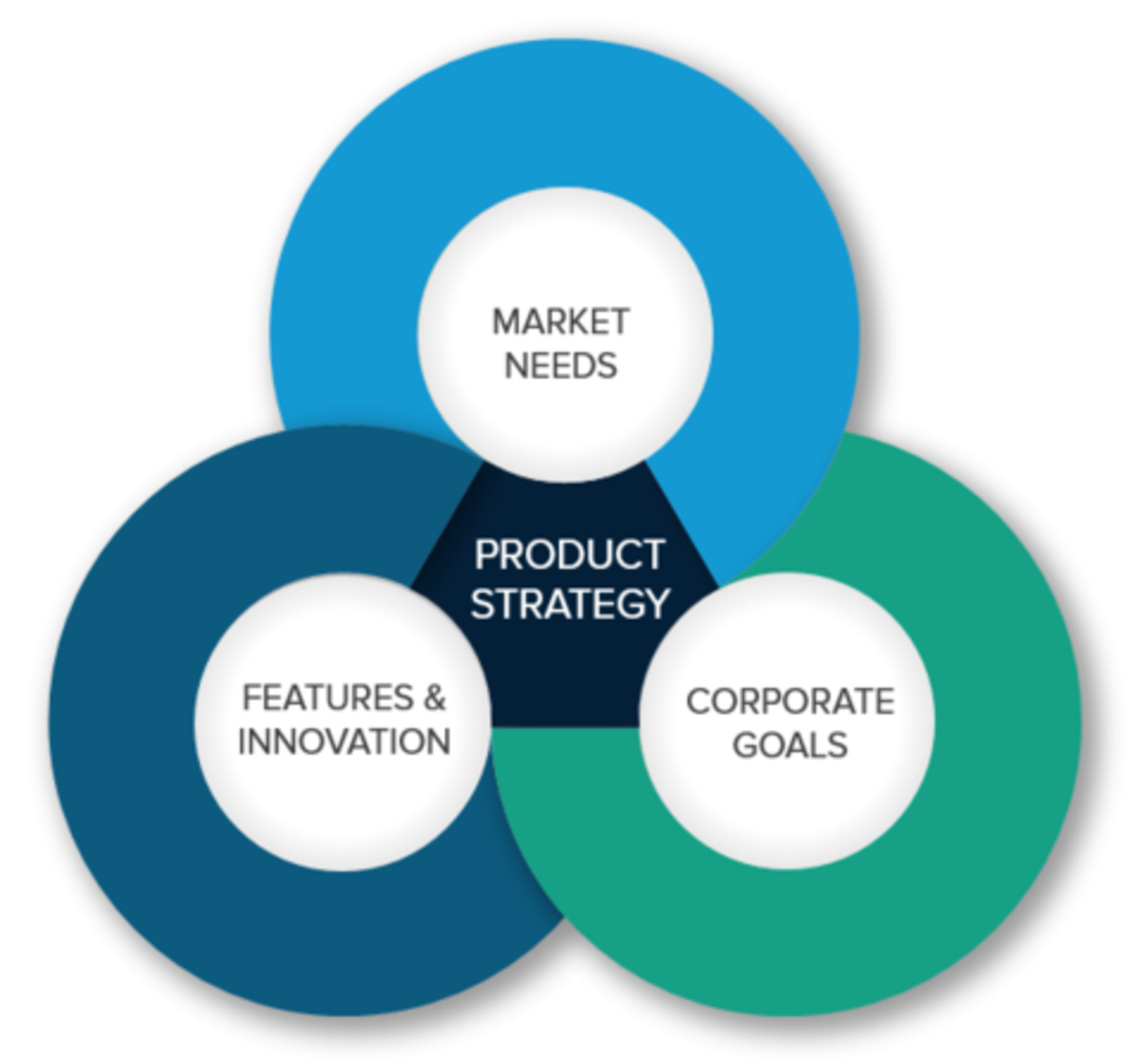Expand Your Horizons With International Market Development Strategies
As the world becomes increasing connected, the digital economy is thriving more than ever before. More and more businesses are moving online and are able to extend their products and services to global areas. Movement of people and goods across borders is easier today than it was a decade ago. Also thanks to the internet, people are more aware of global products and this has made it easier for businesses to venture into international emporium. However, not all globalization attempts are successful. Here are a few guidelines from successful business leaders to keep in mind while building international market development strategies.
Learn From The Domestic Market
One mistake that is made very early on is trying to venture the product globally before it is domestically well established. No matter how tempting it might be to go the global agora, remember there is a huge learning in first establishing a domestic customer base wherein there are fewer unknowns and risk mitigation is considerably under your control. Armed with these learning’s you will make a better foray across borders.

Choosing Your Markets
Once you are ready to go international, the next question is which emporium do you enter. There are so many options - how do you figure out which country is best for you? You need to take into account a number of parameters such as which regions are most receptive to your products, how tough is the local competition, will there be language, political or other barriers to entry, how affinitive are the local laws, rules, and regulations, expected customer base and so on. Also, it is never a good idea to enter too many deli at once - you can expand in waves and gradually extend your coverage and market penetration.
Consider Customizing Your Product
Often a product needs to be localized to some extent. This strategy usually works well when you are introducing a new product that might need some time before being completely accepted or is best customized it locally. For e.g. fast food giant McDonald's has localized versions of its burgers in India to suit the Indian taste buds - so you will find a variety of vegetarian burgers in India which is not the same as in the US. Similarly, packaging requirements may vary from country to country. You might want to customize the package designs to adapt to local tastes while still highlighting the global brand.

Finding A Good Partner Can Make A Difference
You will also need to figure out how best to distribute your product. Usually, it is best to tie up with a local partner. This gives you a head start as the partner is already aware of local rules and regulations, has an established its base and thus could significantly reduce your risk of entry. While choosing a partner, it is important to lay out your goals and gain alignment from all stakeholders. Make sure you have a well-understood business strategy established with your local partners.
In summary, as part of your market development strategies make sure you have prepared a complete plan. This should include your goals, what is the value proposition your product offers vis a vis the competition, budget, and an execution plan.






